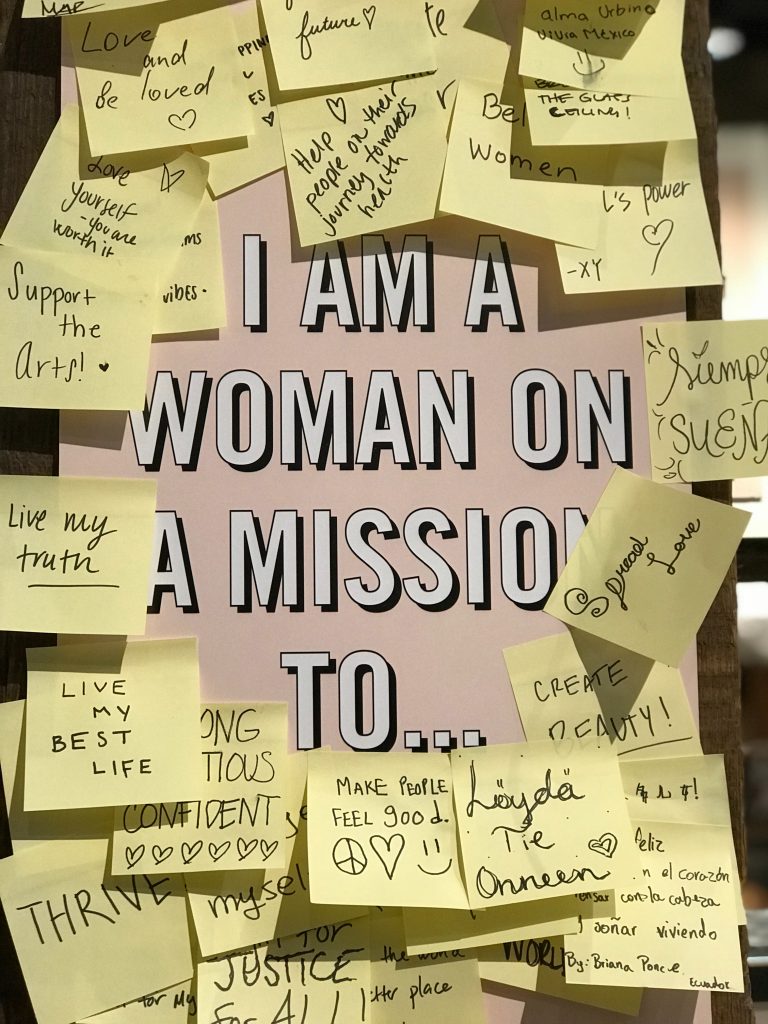
It’s really difficult. You’re unsure what to do. There’s a decision you have to make and you’re not clear on which direction to take. There are several options.
Naturally, you want to talk to the people you are close to about this. You want to hear other people’s opinions, get their advice. Maybe they have more experience than you and therefore can offer you words of wisdom. It helps to talk things through, clarify your own thoughts by talking to others.
But, fundamentally, your own thoughts and opinion are what really matter.
You know yourself best. Deep down you know what feels wrong or right, good or bad. You have a gut instinct, that perhaps you’ve been ignoring. You have intuition to guide you.
I remember reading a quote which is along the lines of “listen to the advice that helps you, ignore the advice that doesn’t.” You have to get good at not letting someone’s flippant comment niggle away at you. What do they know?
I sent a message telling some friends that I was quitting my job. One replied with a message saying “well done, if that’s what you really want.” I was mortified. Reading between the lines, she didn’t appear to agree with what I was doing. That stayed with me. Why – I don’t know. It’s not her life. It’s not what she’d choose to do.
So what? It doesn’t mean it’s wrong or a bad decision.
Some time later, I sent her an interview which had been published about my career transition, and she was very supportive, saying she’d shown it to others to inspire them. Had she changed her mind? Or had I misunderstood her first message? It really doesn’t matter. What someone else thinks has no reflection on what I choose to do.
So if you’ve got something on your mind, and you’ve shared your issue with those close to you, perhaps try adopting the “take only the advice that helps you” attitude. Anything that makes you feel bad, and is unfounded, let go of. However if there’s an inkling of truth in someone’s advice, and it makes you feel uncomfortable, is it something you need to address? Is there something you’re not facing up to? This can really be helpful in pushing you forwards, in making positive changes.
To book a coaching session with me, click here. We’ll talk things through, I’ll listen, then together we’ll come up with a plan to get you where you want to be.
Photo by Frame Harirak on Unsplash



